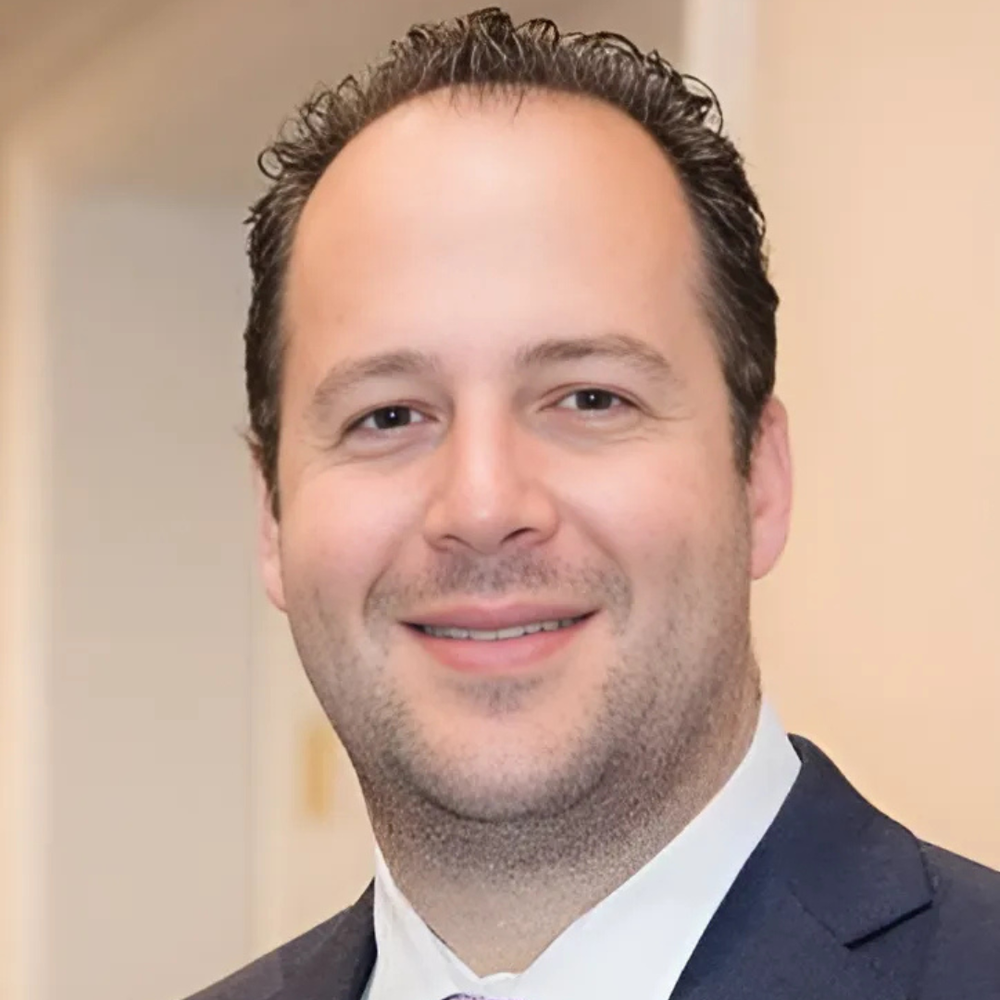The Biggest Misperceptions About SPACs
In this episode of The SPAC Podcast, Louis Camhi tackles one of the most pressing questions in the capital markets today: What are the biggest misperceptions about SPACs and how do we correct the record?
Louis explains the crucial difference between a SPAC and a de-SPAC, outlining why the redemption feature makes pre-deal SPACs more like convertible bonds with downside protection, while post-deal de-SPACs behave like traditional equities. He also walks through the history of how the 2020 SPAC boom brought in a wave of high-net-worth individuals, many without deal or capital access, and how that led to misaligned incentives and negative outcomes when SEC rules changed.
With clearer incentives, returning serial sponsors, and a more educated investor base, Louis believes we’re entering a better-aligned chapter for SPACs. But, he cautions, the lessons of the last cycle shouldn’t be forgotten.
Connect with the Guest:
Louis Camhi – SPAC Investor & Fund Manager
LinkedIn: https://www.linkedin.com/in/louis-camhi-aa3464b/
View all of their episodes here:
https://www.thespacpodcast.com/guests/louis-camhi/
Connect with the Hosts & The SPAC Podcast:
Michael Blankenship LinkedIn:
https://www.linkedin.com/in/mikeblankenship/
Joshua Wilson LinkedIn:
https://www.linkedin.com/in/joshuabrucewilson/
YouTube Channel:
https://www.youtube.com/@Thespacpodcast
Contact The SPAC Podcast:
https://www.thespacpodcast.com/contact/
#SPACs #CapitalMarkets #SPACPodcast #DeSPAC #InvestorEducation #MarketCycles #IncentivesMatter
The views, opinions, and statements expressed by the guest are solely their own and do not necessarily reflect the views of The SPAC Podcast, its hosts, or affiliated organizations. This content is for informational purposes only and should not be construed as investment, legal, tax, or accounting advice.
Disclaimer:
Michael J. Blankenship is a licensed attorney and is a partner at Winston & Strawn LLP. Joshua Wilson is a licensed Florida real estate broker and holds FINRA Series 79 and Series 63 licensure. The content of this podcast is intended for informational and educational purposes only and should not be interpreted as legal, financial, or compliance advice. The views and opinions expressed by the hosts and guests are their own and do not necessarily reflect the official policies or positions of any regulatory agency, law firm, employer, or organization.
Listeners are encouraged to consult their own legal counsel, compliance professionals, or financial advisors to ensure adherence to applicable laws and regulations, including those enforced by the SEC, FINRA, and other regulatory bodies. This podcast does not constitute a solicitation, offer, or recommendation of any financial products, securities transactions, or legal services.
Let’s Connect on LinkedIn:
👉 Michael J. Blankenship - https://www.linkedin.com/in/mikeblankenship/
👉 Joshua Bruce Wilson - https://www.linkedin.com/in/joshuabrucewilson/
To Contact Us or Collaborate:
Michael Blankenship:
You mentioned misperceptions about SPACs. What are the greatest ones, and how would you correct the record?
Louis Camhi:
How many days do you have? There are a lot of misperceptions, but let’s start with the biggest: understanding the difference between a SPAC and a de-SPAC.
A SPAC, before it merges with a company, is essentially a convertible bond with downside protection. Investors have the right to redeem at $10 plus interest, which means limited risk if no deal is done. Once the merger occurs (a de-SPAC), it becomes like any other equity, subject to volatility and small-cap dynamics.
My fund focuses mainly on SPACs (pre-deal), not de-SPACs, because of that low-volatility profile.
The second misperception came out of the 2020 boom, where banks told high-net-worth individuals, “We’ll help you raise a SPAC. Don’t worry about sourcing the deal, we’ve got the M&A team.” The problem was, many of those people weren’t deal guys and didn’t have access to proprietary deal flow or capital. When SEC rules changed, banks pulled back, and those sponsors were left exposed.
Then came the “vulture phase”, where opportunists offered to buy out SPACs for pennies on the dollar, creating massive misalignment of incentives. Some sponsors were fine if the stock traded at $0.25, because their cost basis was so low.
That phase is mostly behind us now. We’re seeing real operators and serial sponsors come back. But it’s critical to understand that incentives matter, they always have and always will. That’s the biggest lesson from the last cycle.

Chief Investment Officer
Louis Camhi is CIO of RLH Capital, LLC where he is responsible for oversight of all investment management and operational functions on a day-to-day basis. Mr. Camhi previously worked at Citadel as an Analyst, managing a $500 million equity long/short portfolio. Prior to Citadel, Mr. Camhi was a Senior Analyst at Three Corner Global LP, a fundamental long/short equity hedge fund manager. Mr. Camhi started his career at Credit Suisse where he worked as an analyst and was promoted to associate in the Mergers and Acquisitions group. Mr. Camhi received his Bachelor of Science in Finance and Accounting from the Leonard N. Stern School of Business at New York University in 2009.












